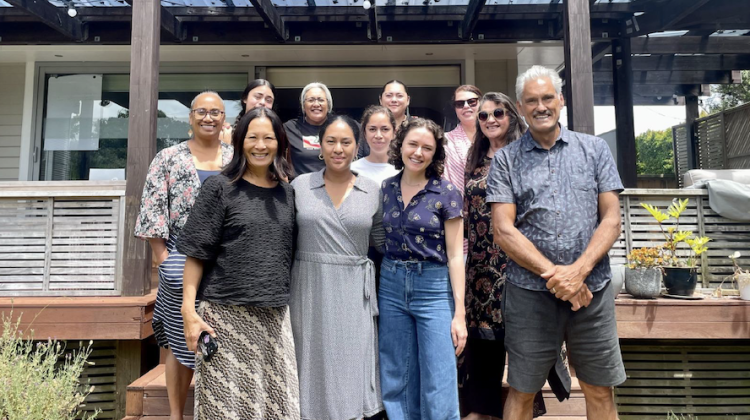Margaret Haltom
Margaret is an urban planner and PhD candidate focused on housing inequality and neighborhood change. She uses several academic lenses — participatory action research, spatial analytics, historical methods, and community-engaged design — to examine how racialized disinvestment drives displacement and explore strategies for reversing its effects. The heart of her work involves collaborating with intergenerational coalitions of resident leaders and affordable housing developers. Together, they ground community development in collective memory, surfacing overlooked histories and resident visions as guides to more just planning. Her research results in a range of public initiatives: digital humanities tools, plans for scaling emerging community land trusts, co-curated neighborhood exhibits, the restoration of a historic home into a cultural center, and a memorial to enslaved laborers in her hometown of Memphis, Tennessee.
Across these projects is a commitment to building more accountable, democratic forms of urban development — addressing housing crises while repairing the roots of distrust in planning. Her work has been funded by the Robert Wood Johnson Foundation, National Trust for Historic Preservation, Monument Lab Re:Generation, and MIT initiatives including the Priscilla King Gray Public Service Center, Community Innovators Lab, and Racially Just Research Initiative.
Prior to her PhD, she was Director of Emergency Rent and Housing Policy for the Works Community Development Corporation. She led eviction prevention for the $90 million Memphis/Shelby County Emergency Rental Assistance program, and co-created court data workflows and processes that connected 12,000 tenants to limited legal representation. Her work was profiled by NPR and deemed "one of the strongest eviction diversion programs in the country" by the U.S. Department of Treasury.
She holds a master's in planning with distinction from Harvard GSD, where she received the GSD's planning thesis prize and was a Gramlich Fellow in Community and Economic Development at the Joint Center for Housing Studies. She has a B.A. in Political and Social Thought from the University of Virginia.




